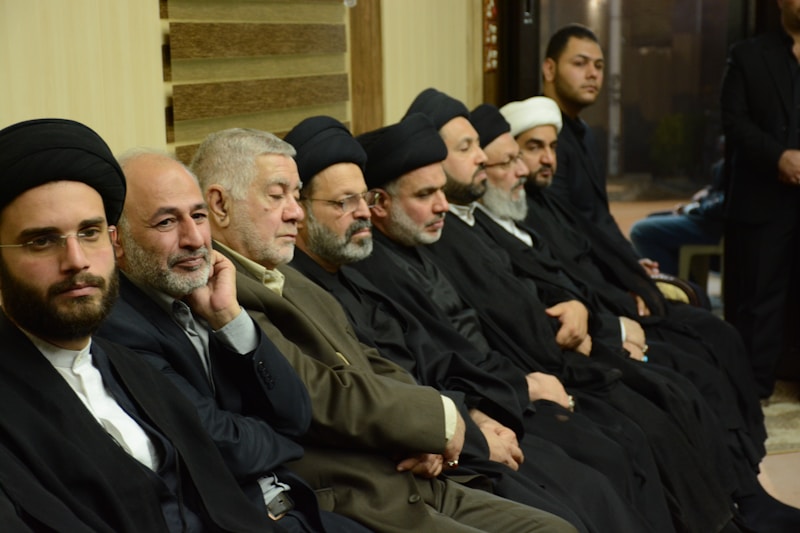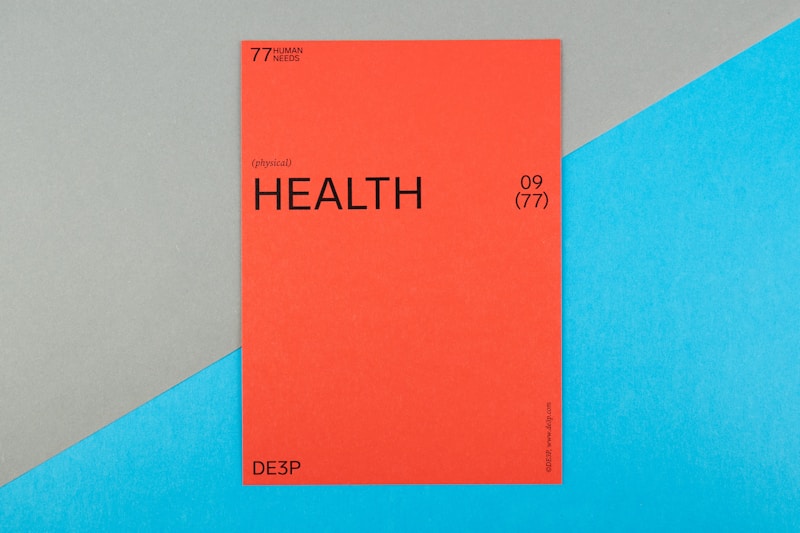Questions and Answers
Which model of community organization enables program planners to gain support and design suitable health messages and delivery mechanisms?
Diffusion of Innovation Theory
Which theory is based on the premise that increasing a person’s knowledge will prompt a behavior change?
Health Belief Model
Which model emphasizes the importance of understanding the characteristics of the audiences, beliefs, values, attitudes, skills, and past behaviors for effective community health education?
The Activated Health Education Model
Which model of community-based health education depends on social relationships and organizations to reach large populations with media and interpersonal strategies?
Signup and view all the answers
Which theory views behavior change as progressing through pre-contemplation, contemplation, preparation, action, and maintenance stages?
Signup and view all the answers
Which theory emphasizes the influence of attitude towards behavior, understanding of social norms, and perceived behavioral control on intent?
Signup and view all the answers
Which theory identifies self-efficacy, goals, and outcome expectancies as factors affecting health behavior change likelihood?
Signup and view all the answers
Which theory categorizes people into innovators, early adopters, early majority adopters, late majority adopters, and laggards, influencing the response to health education?
Signup and view all the answers
Which model includes the appraisal of susceptibility, severity, response efficacy, and self-efficacy?
Signup and view all the answers
Which model engages individuals in health assessment, information presentation, awareness creation, and personalized behavior change plans?
Signup and view all the answers
Which theory explains human health decision-making and behavior based on perceived susceptibility, severity, benefits, barriers, cues to action, and self-efficacy?
Signup and view all the answers
Which theory views communication as needing multi-level strategies including tailored and targeted messages, social marketing, media advocacy, and mass media campaigns?
Signup and view all the answers
Which approach for attitude and behavior change involves individual and group methods as well as mass media for general public education?
Signup and view all the answers
Which channels are used for disseminating health information to the general public?
Signup and view all the answers
Which statement about mass media's effectiveness and reach is true?
Signup and view all the answers
Which of the following is not a reference in the text?
Signup and view all the answers
Study Notes
Community Health Education Theories and Practices
- The Health Belief Model explains human health decision-making and behavior based on perceived susceptibility, severity, benefits, barriers, cues to action, and self-efficacy.
- The Extended Parallel Process Model builds on the Health Belief Model and includes the appraisal of susceptibility, severity, response efficacy, and self-efficacy.
- The Trans Theoretical Model of Change views behavior change as progressing through five stages: pre-contemplation, contemplation, preparation, action, and maintenance.
- The Theory of Planned Behavior suggests that intent is influenced by attitude towards behavior, understanding of social norms, and perceived behavioral control.
- The Activated Health Education Model engages individuals in health assessment, information presentation, awareness creation, and personalized behavior change plans.
- The Social Cognitive Theory identifies self-efficacy, goals, and outcome expectancies as factors affecting health behavior change likelihood.
- Communication Theory emphasizes the need for multi-level strategies, including tailored and targeted messages, social marketing, media advocacy, and mass media campaigns.
- Diffusion of Innovation Theory categorizes people into innovators, early adopters, early majority adopters, late majority adopters, and laggards, influencing the response to health education.
- Community health education is conducted at individual, group, and general public levels, with individual and group approaches for attitude and behavior change and mass media for general public education.
- Mass media channels such as television, radio, press, films, health magazines, posters, health exhibitions, and social media are used for disseminating health information to the general public.
- Mass media is generally less effective in changing human behavior than individual or group methods but reaches large numbers of people and contributes to raising community knowledge.
- References include works by Manoj Sharma, John A. Romas, Mark J. Minelli, Donald J. Breckon, Robert J. Bensley, Jodi Brookins-Fisher, John R. Harvey, and R. Brick Lancaster, among others.
Studying That Suits You
Use AI to generate personalized quizzes and flashcards to suit your learning preferences.
Description
Explore the theories and practices of community health education with this quiz. Test your knowledge of models such as the Health Belief Model, Trans Theoretical Model of Change, Theory of Planned Behavior, and more. Understand the role of mass media, individual, and group approaches in promoting health behavior change.




